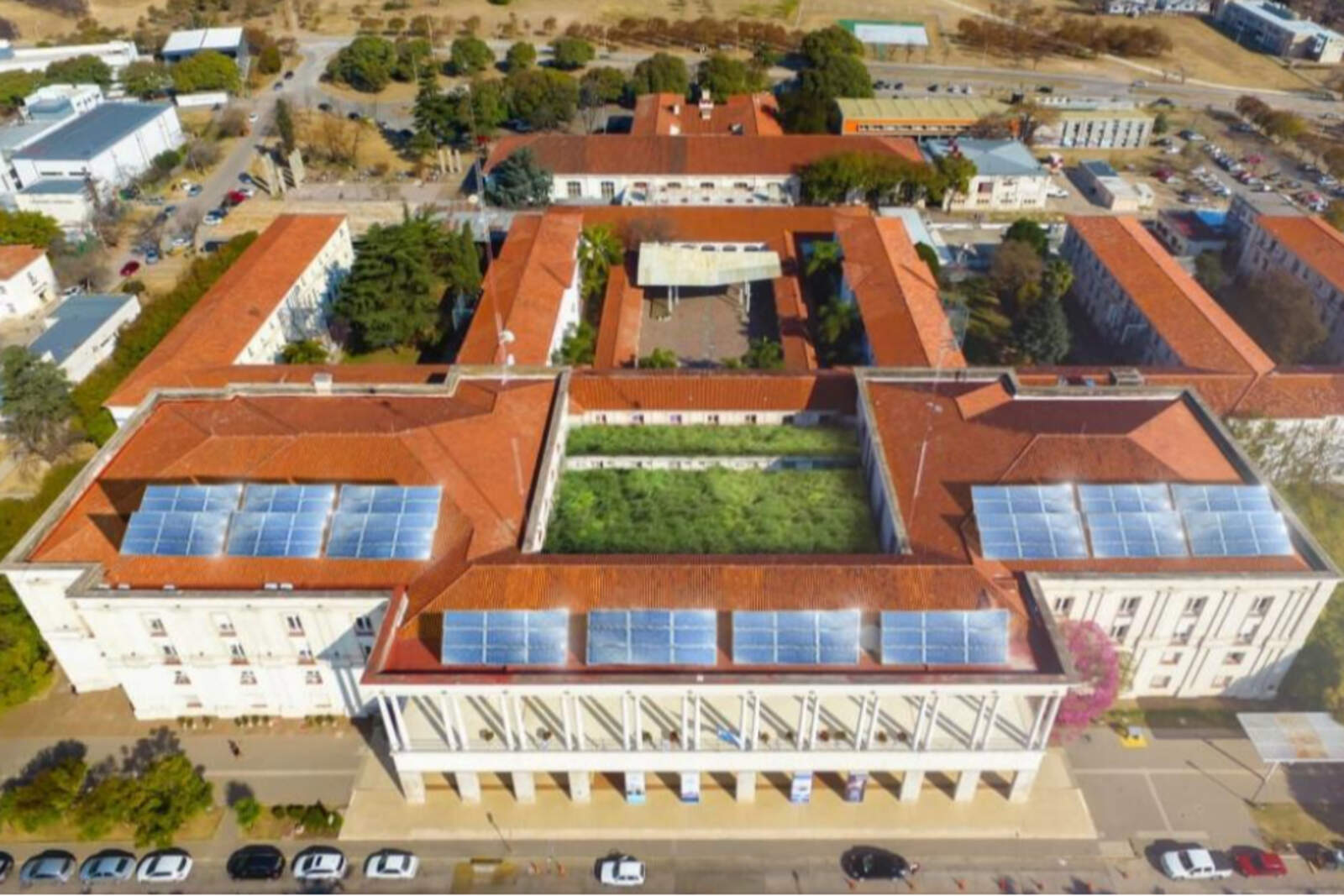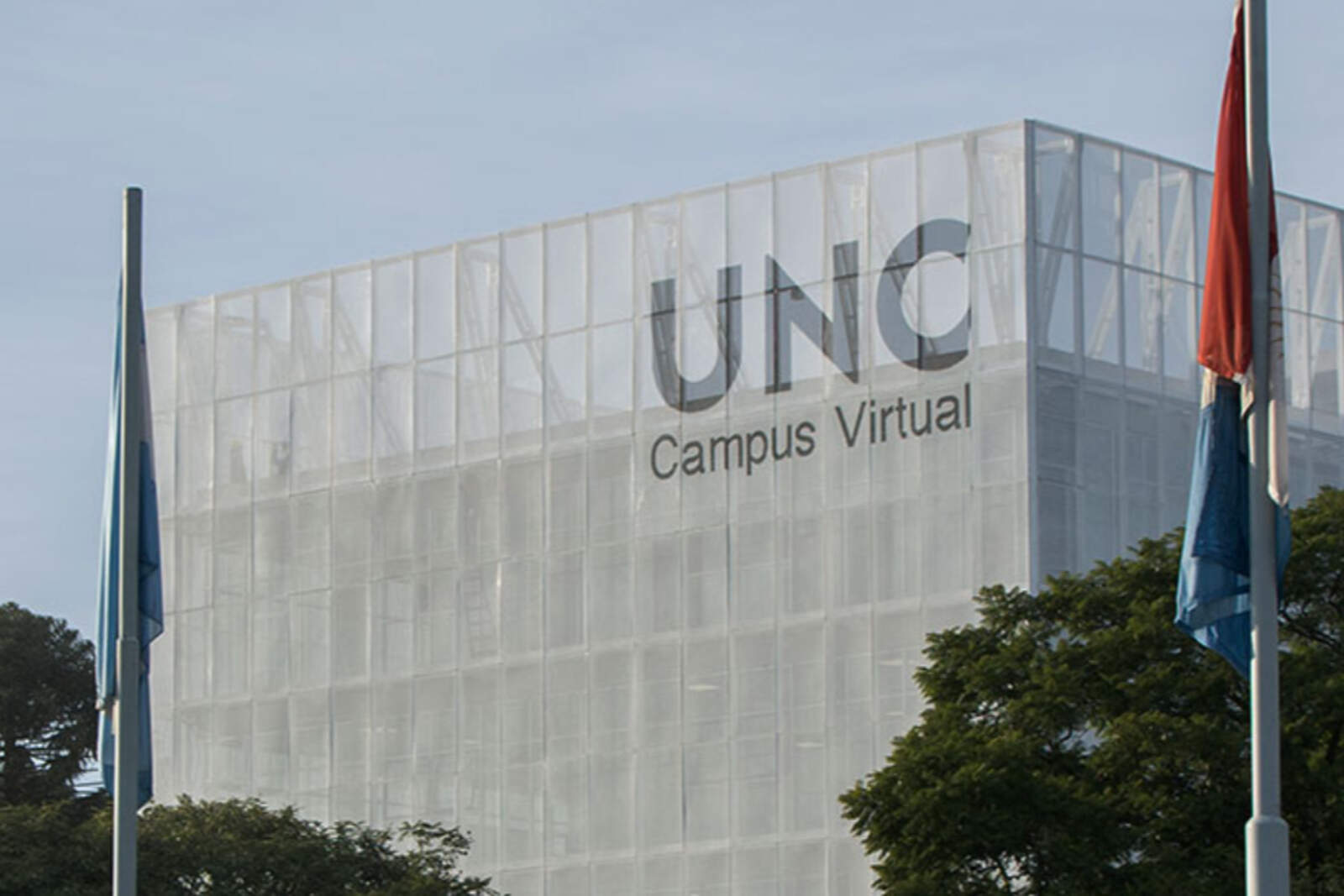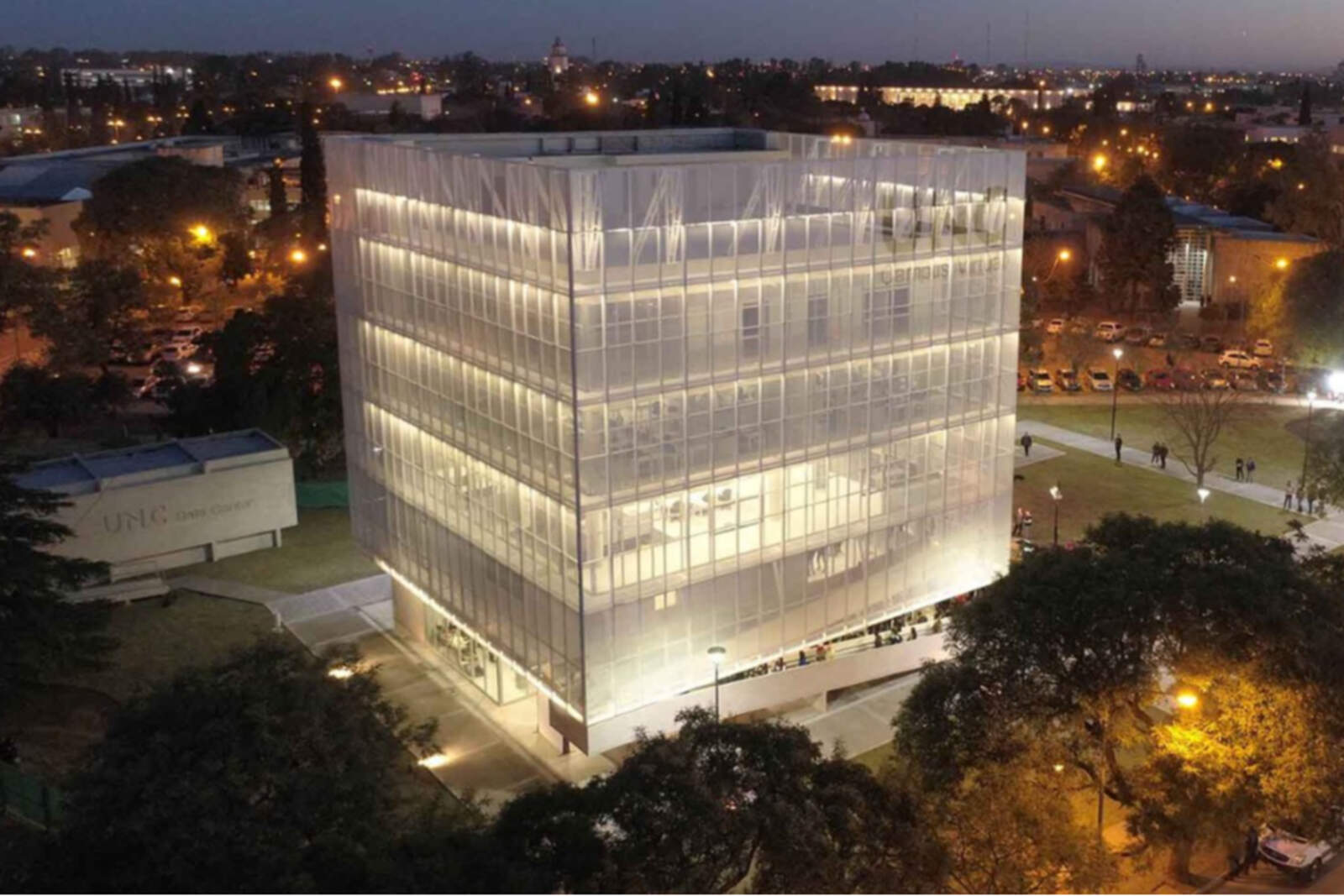Universidad Nacional de Córdoba (UNC) keeps registration open for individuals over 25 years old without a completed secondary education. This possibility, protected by the Higher Education Law, allows students to pursue undergraduate and pre-undergraduate degrees. However, the measure is not widely publicized and is rarely debated in society, despite being a common policy at almost all universities.
The regulations require applicants to demonstrate work experience related to the chosen degree and to pass specific evaluations. Despite these requirements, there is concern that university access without secondary education is becoming normalized. The lack of public discussion about this policy prevents an assessment of its true scope and consequences.
It is essential to analyze whether this initiative truly promotes inclusion or, on the contrary, exposes incoming students to academic challenges for which they are not prepared. The absence of a thorough debate on the subject limits the possibility of improving the educational system. Society must be informed and actively participate in these decisions.

The risk of an attempt at inclusion that may generate the opposite effect
Allowing university admission without a completed secondary education may create expectations that are difficult to meet. University degrees require prior basic knowledge that, without a solid foundation, makes it difficult to understand complex topics. This could lead to high dropout rates and frustration among students enrolled under this lax and permissive modality.









